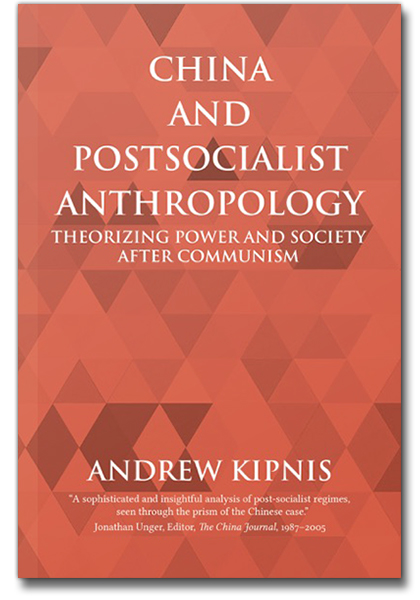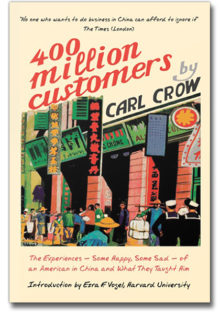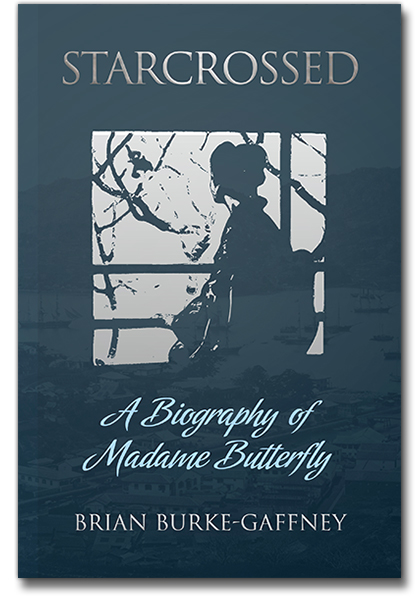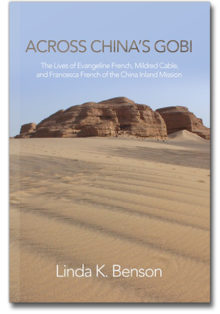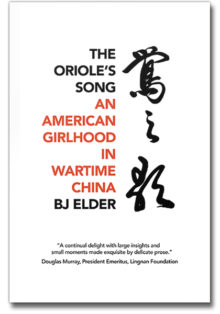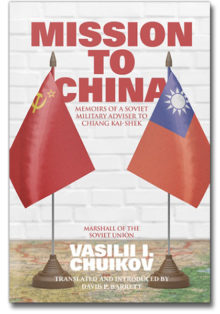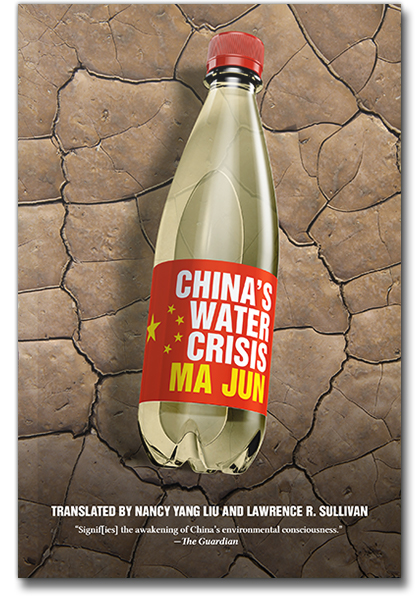China and Postsocialist Anthropology applies lessons learned from socialist governance, especially in China, to the realm of social theory. Socialist governance explicitly draws on various aspects of Marxist theory and thus directly illuminates issues as varied as theorizing power, imagining the relationship between continuity and discontinuity in historical process, utilizing the category of “the political” when writing about culture and society, and conceptualizing categories like class, the state, the market, and citizenship. Many of the most destructive episodes of socialist governance can be linked to two major themes in Maoism and Marxism: a holistic conception of society; and a positive valuation of politicization (in the forms of conflict, struggle, and political oppositionality). Both themes play an important role in the practical exercise of socialist governance and, in the process, generate a number of related sub-themes, or socialist logics. These two overarching themes come together in the practice and concept of socialist revolution—an armed struggle that transforms society from one holistic form (capitalism) to another (socialism). China and Postsocialist Anthropology explores and develops forms of theorizing about society and politics which avoid the over-politicization, holistic language, metaphors, assumptions, and logics so prevalent in socialist governance.
About the Author
Andrew Kipnis is a Senior Fellow in the Contemporary China Centre and the Department of Anthropology, Research School of Pacific and Asian Studies, the Australian National University. He is author of Producing Guanxi: Sentiment, Self, and Subculture in a North China Village and co-editor of The China Journal.
Praise
China and Postsocialist Anthropology is a sophisticated and insightful analysis of post-socialist regimes, seen through the prism of the Chinese case. Andrew Kipnis is a highly conceptual anthropologist, very well versed in social-science theory, who also has an in-depth, on-the-ground knowledge of China. Bilingual in Chinese and English, in this important book, he employs his dual expertise to present cogent analyses of post-socialist power relations, post-Marxian social theory, neo-liberalism and neo-leftists in China, the reshaping of citizenship, and a range of other related topics. The book will be of considerable value to comparative social scientists, his fellow anthropologists, specialists in socialist and post-socialist regimes and societies, and social theorists.
—Jonathan Unger, Author, The Transformation of Rural China and Editor, The China Journal, 1987-2005
Related products
Carl Crow
| $14.99 | $24.99 |
| Paperback | Hardback |
Four Hundred Million Customers (1937) is a collection of humorous essays and piquant anecdotes underpinned by well-informed insight and highlighted by witty drawings by G. Sapojnikoff. Like a bowl of salted peanuts, these vignettes make you want “more.” The book was welcomed on its publication as the most entertaining and instructive introduction to the rapidly modernizing people […]
Brian Burke-Gaffney
| $7.99 |
| E-book |
Giacomo Puccini’s opera Madame Butterfly has enjoyed tremendous popularity in Europe and America since its debut in 1904. It has also inspired a global-level debate about whether the tragic heroine of the opera, Cho-Cho-san, was based on a real-life model. Starcrossed looks at this controversy and presents compelling evidence that, in fact, there was no […]
Linda Benson
| $24.99 | $44.99 |
| Paperback | Hardback |
In the 1920s, three adventurous and determined British women missionaries traveled along the traces of China’s old Silk Road to “gossip the Gospel” in the Muslim regions of northwestern China. But as this ground-breaking biography of Mildred Cable and the sisters Eva and Francesca French illustrates, their mission service was only one aspect of these […]
BJ Elder
| $5.99 | $14.99 | $24.99 |
| E-book | Paperback | Hardback |
The Oriole’s Song is a love story — love of family, of entwined cultures, of life itself — during and after the turmoil of war. This beautiful recollection of an American girlhood in China during World War II is a continual delight with large insights and small moments made exqusite by delicate prose. On May […]
Vasilii I. Chuikov
| $19.99 | $34.99 |
| Paperback | Hardback |
In late 1940, General Vasilii Chuikov was sent by the Soviet government to China to serve as chief military adviser to General Chiang Kai-shek, head of the Nationalist government. China was still fighting alone against Japan after more than three years of war. It was Chuikov’s task to oversee the provision of Soviet military aid […]
Ma Jun
| $24.99 | $44.99 |
| Paperback | Hardback |
The most comprehensive analysis and reference on the enormous water resource crisis confronting the People’s Republic of China. China’s Water Crisis (Zhongguo shui weiji) describes in detail the history of floods, water scarcity, and pollution problems in all seven of China’s major drainage basins and proposes solutions for future sustainable management.

